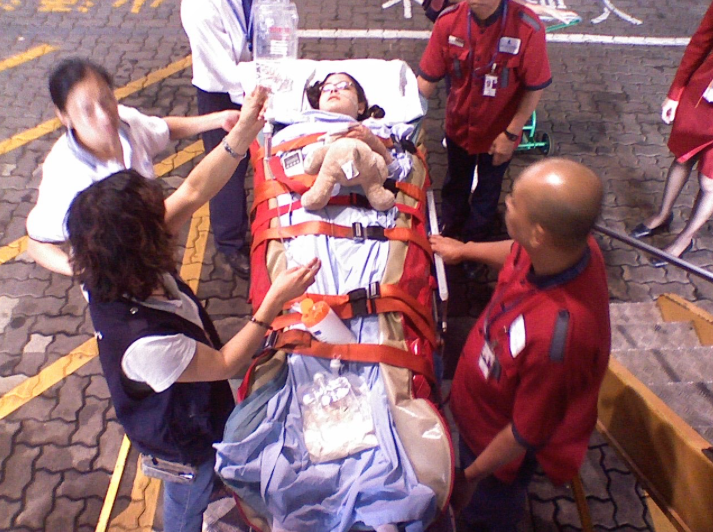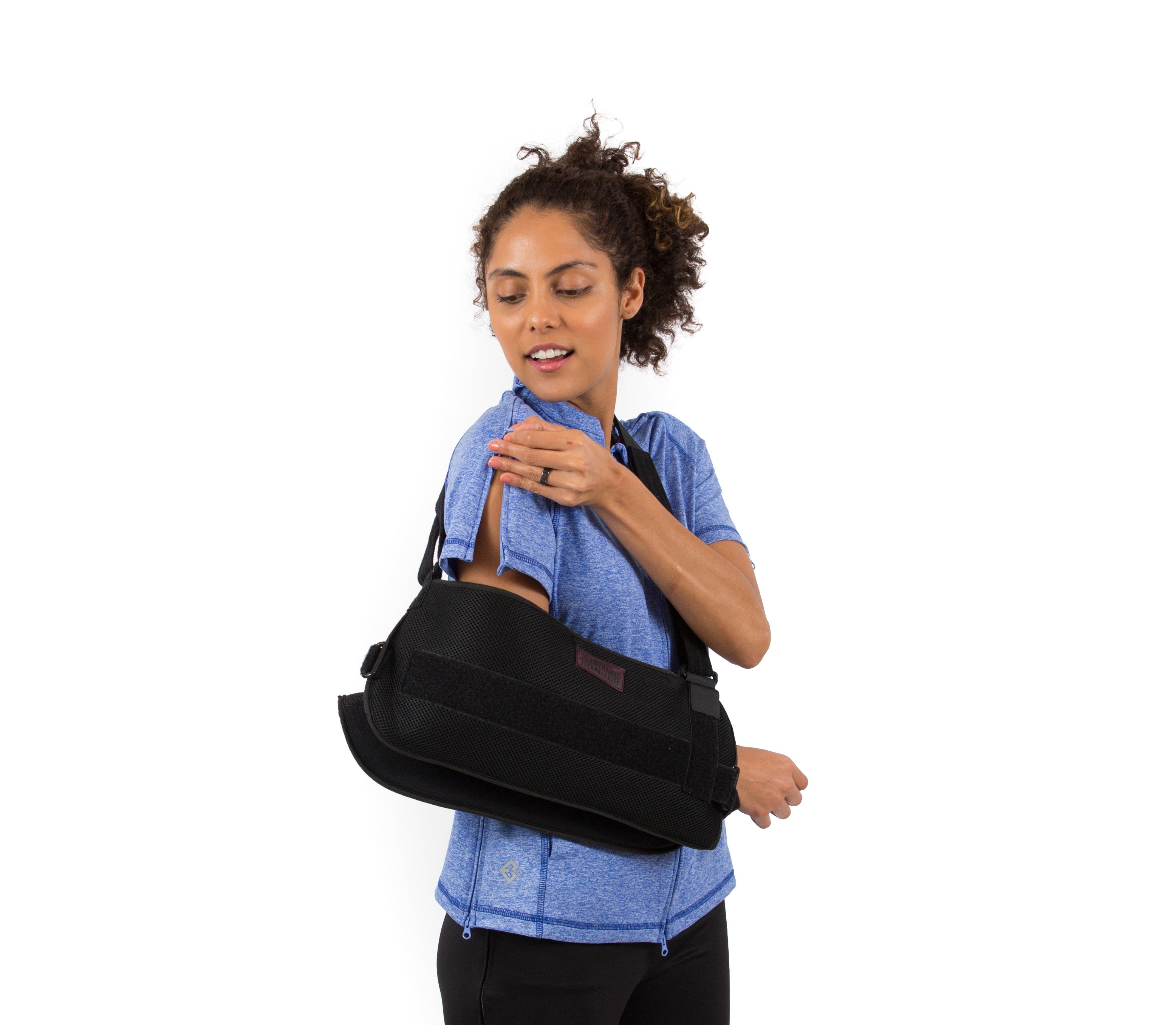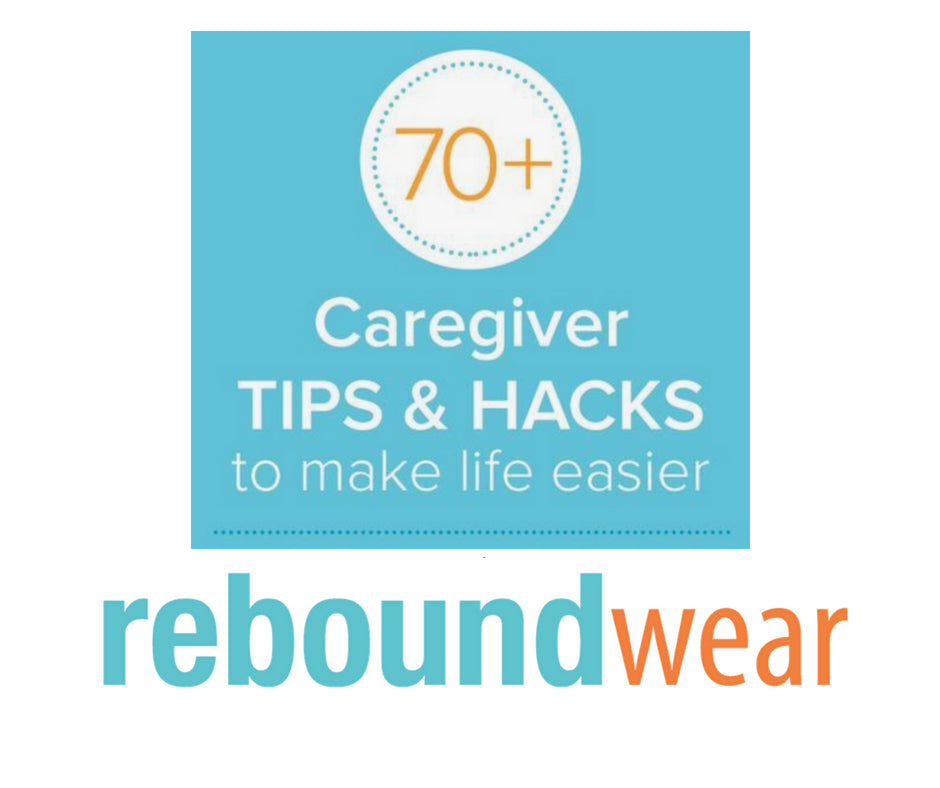This was right before I was medically evacuated out of China in Hong Kong. Destination: New York.

Did you know that the mortality rate for patients suffering from Far Eastern tick borne encephalitis is 20-40%? But approximately 57% of the patients suffering from Powassan Encephalitis Virus, the virus that I suffered from died from their injuries in 2007. So I guess you could say that I am lucky to be alive.
My name is Cara Munn, I am 26 years old and for the past 11 or so years I have been recovering from the effects of viral tick borne encephalitis, or a traumatic brain injury (TBI). What is viral encephalitis? It’s inflammation of the brain, or as I like to call it the annoying virus that flooded my brain with blood and left me with a severe speech disability.
This happened while I was on a hike in China on a school trip. I didn’t ask for this to happen to me. I woke up with an infection that initially paralyzed me from head to toe, then gave me seizures and Bell’s palsy. Its long term effects are mostly about my speech and other fine motor abilities. It appears that I actually had something mildly terrifying called locked-in syndrome as a result of the encephalitis. That’s the blink once for yes, blink twice for no thing and communicating with only your eyes. (The mortality rate for this one is 90% after four months- but I won’t bore you with the statistics).

This is me, probably locked in in the Beijing Family Hospital.
Some ways to tell that I have had encephalitis besides the speech are when I walk, my right arm is a bit slower to swing and when I dance my right arm doesn’t move at all. Its glued to my side as if I am about to go for a run, but I’m not. I type on my phone with one hand and when I type on computers my right hand is still elevated a bit which makes it harder. That’s an improvement from when both of my arms were up so it looked like I was trying to play chicken— bawk, bawk- except my arms would stay up and wouldn’t go down. I can’t even say my first name, and my last name takes a lot of work for me to say. Buttons are extremely difficult because they require precise movement with your hands.
Eating with others is a big no-no for me, especially when meeting people for the first time. I’m so afraid that they’ll judge me and think that I’m gross for eating the way I do that often I forego eating altogether. Even if I’m starving, unless I’m forced to. The same goes with drinking; I’m afraid that people will judge me for drinking messily (I often drink in gulps, but I’m working on trying to take one sip at a time). Because I drink in gulps, it’s hard for me to keep liquid in my mouth—so that I often look like Linus, with stains down my shirt. It doesn’t even matter if the individual I’m with is otherwise compromised themselves in some way. I am still afraid that they will judge me.
The solution is simple, you say. Just go out to eat alone. But that is even more difficult, because the waiter/waitress will automatically think I’m deaf and START— SPEAKING— TO— ME— LIKE— THIS. It’s even more annoying when they don’t believe that you can hear so they say something condescending like “It’s okay, sweetie I understand” slowly in a saccharine voice. I sometimes want to shake them and scream “No, you don’t understand!!! You couldn’t possibly ever understand!” But I don’t, because that would elicit stares of pity from everyone in the restaurant and also, the waiter/waitress probably wouldn’t understand me so it’d be a futile exercise.
That said, you can’t tell by looking at me on the street that I’ve had a major illness. And I prefer it that way. I don’t want people to treat me any differently than they would have if I didn’t have a speech disability.
I just do not want people to judge me or pity me. Period.
My sunny disposition defies what most people would think of someone who has this catastrophic of an injury. I am the resident joker wherever I go, and I try to make people laugh in whatever way I can. This is facilitated by a text to speech app that I have on both my computer and my phone and through music. I will play the most annoying songs in the hopes of getting a smile or laugh. If I don’t get a smile or laugh, I’ll change the song in short order. Now I am afraid that people will now smile just because I said that. Please, don’t.

This is me in The Komansky Center for Children’s Health at New York Presbyterian in New York. Its blurry because my dad took it on his mobile phone and also because it was 2007.
I had three goals when I was first in the hospital: to learn how to walk again through physical therapy, to learn how to swallow again through swallowing therapy and to learn how to speak again through speech therapy. The first two were achieved with relative ease, the latter not as much probably because it takes about 100 muscles working perfectly and in sync with each other just to produce a single word. And also because I just screamed through the first couple of sessions. But that’s besides the point.
So, if you are like me or know someone like me here are two tips that I would give:
Don’t care what others think of you. If they judge you, that’s their problem, not yours. (My general attitude towards life.)
And secondly, there is always the hope that things will get better for you someday. Don’t ever give up on the idea that things will get better. Try to stay in touch with what makes you happy. Endeavor to explore new things, you never know if you don’t put in the effort. For me, what made me happy was playing tennis and writing— I never gave up on trying to do those things. Because if you don’t have hope, what do you have?
We are all affected by things that happen to us. But it’s how you react to the situation that makes it all better. Reboundwear has inspired me, and through working here I have been exposed to people of all different types of disabilities and abilities.
You can protect yourself against this disease by getting a Japanese Encephalitis vaccination.
By Cara Munn
Cara Munn is a graduate of Barnard College at Columbia University in the City of New York. She is currently writing a book on her experience.





4 comments
Grace hagerty
Dear Cara- thank you for this well written & very inspirational story. You are the most courageous person I know.
Elizabeth Brenner
Thank you for your articulate honest story, Cara. You have and will continue to make a positive difference for student safety. And your courage and strength inspire us all.
Deborah Fiuza de Mello
Never give up !!!
Thank you for sharing your story with us Cara and I truly hope that with your will power you will recover more and more.
Love you 😘
Debbie
Wendy Routh
Bravo Cara!! Beautifully written and a perfect description of your sunny disposition! Lots of love
Leave a comment
All comments are moderated before being published.
This site is protected by hCaptcha and the hCaptcha Privacy Policy and Terms of Service apply.